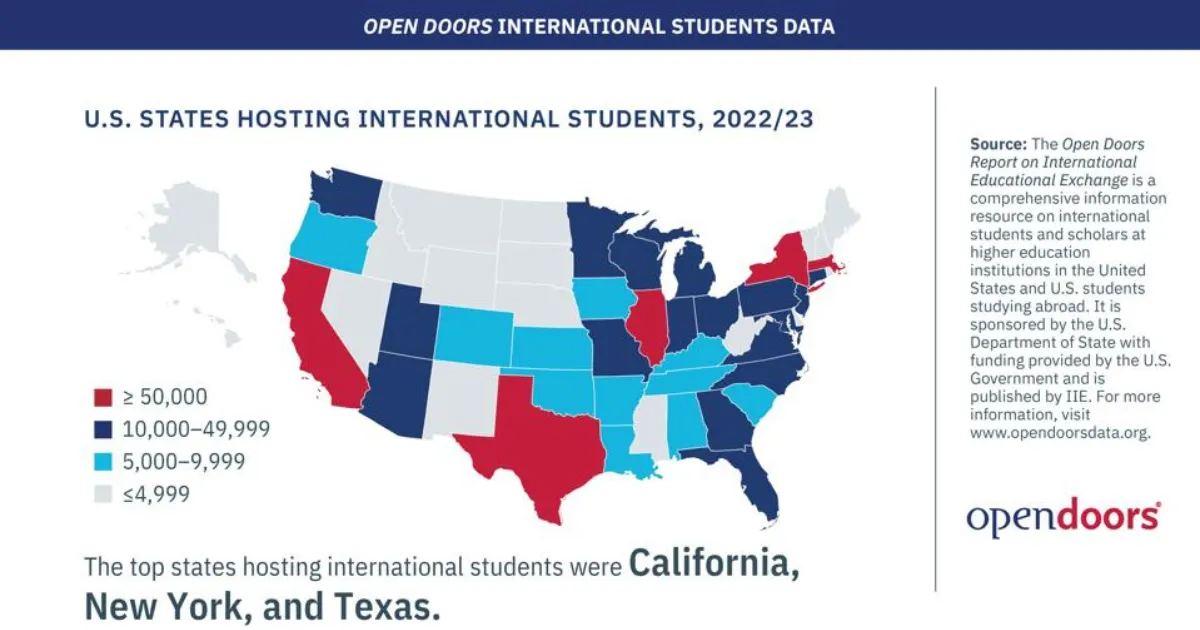Introduction:
In project management, there’s a concept called the Iron Triangle, stating that you can’t have something done well, fast, and cheap – you have to choose. Similarly, in your career, you can’t have it all. You need to make decisions based on three aspects: Craft, Company, and Cause apply link
Craft: Mastering Your Skills
Craft means getting really good at what you do by learning and improving your skills. It’s about becoming an expert in your field.
Company: Finding Joy and Dedication
Company is about enjoying your job and fully dedicating yourself to its success. It’s about being part of something and contributing to its growth.
Cause: Making a Positive Impact
Cause is when a company aims to make the world a better place, beyond just making money. It’s about contributing to important issues and solving problems.
The Career Unicorn Challenge: Balancing Craft, Company, and Cause
Having all three is like finding a rare unicorn. Focusing on one often means sacrificing the others over time. This challenge is particularly true in higher education.
Challenges in Higher Education: Faculty vs. Administrators
Faculty members juggle service, research, and teaching. For administrators, personal preference plays a role. Tight budgets may require adaptability to help institutions survive.
Institutional Constraints vs. Individual Choices
Institutions are less flexible than individual professionals. While professionals have choices, institutions are more affected by constraints.
Choosing Your Focus: Craft, College, or Cause
Martin suggests three approaches:
Craft First: Focus on Your Valuable Skills
- Concentrate on skills valued inside and outside your field.
- Everyone has skills useful in various industries.
College First: Gain Career Value from Your Workplace
- The people who know your capabilities the best are at your current or past job.
- Past success predicts future success.
Cause First: Prioritise Important Needs in Your Career
- Adapt and learn new skills to meet evolving needs in your field.
- Commit to a cause that aligns with your career goals.
Conclusion: Embrace Your Choices
Choosing a career focus is like a project manager deciding between good, fast, or cheap. It depends on your situation and values. Embrace limitations and let them guide your career. Each focus creates a different career trajectory.
Insight from Martin: Unique Experiences Based on Your Primary Focus
Each career focus—craft, college, or cause—leads to different experiences and career designs. Having all three is not impossible, but it shapes your career uniquely based on your primary focus.











